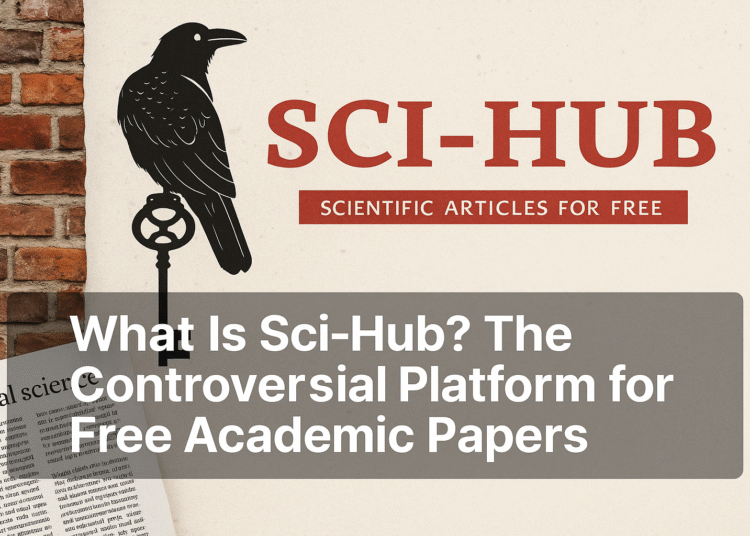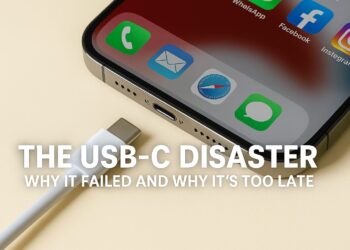Sci Hub is one of the internet’s most controversial platforms in 2025 — offering free access to academic research while raising legal and ethical questions worldwide. Here’s what you need to know about how it works — and why it’s trending again.
Sci-Hub is a platform that provides free access to millions of scientific papers and journal articles, many of which are typically hidden behind expensive paywalls. Originally created to help researchers and students access scholarly content, it has since become a symbol of open access activism — and legal controversy.
How Did Sci-Hub Start?
Sci-Hub was founded in 2011 by Alexandra Elbakyan, a researcher from Kazakhstan. Frustrated with the high cost of academic journals, she developed a way to bypass publisher paywalls and created a centralized portal where anyone could access research freely. Today, the platform reportedly hosts over 80 million scientific articles.
Why Is It Trending Again in 2025?
Interest in Sci-Hub has surged again in 2025 due to renewed debates around academic accessibility, paywall ethics, and the rising cost of education. With over 500,000 monthly searches globally, the platform remains widely used — especially among students, independent researchers, and academics in developing countries. Recent discussions in Reddit forums and university circles have brought it back into public spotlight.
Is Sci-Hub Legal?
This is where things get complicated. Sci-Hub has faced multiple lawsuits from major academic publishers such as Elsevier and Springer. Courts in the U.S., Germany, and several other countries have ruled the platform illegal and blocked access to its domains. However, many mirrors and alternative links continue to exist online.
While the platform may be seen as a form of digital activism by some, others argue it undermines legitimate publishing models and violates intellectual property laws. For that reason, using or promoting the site directly can pose legal and ethical risks — especially for institutions or publishers.
Why Do People Still Use It?
In many cases, access to academic journals is restricted to those affiliated with major universities or libraries. Subscription fees can be prohibitively expensive — often hundreds or even thousands of dollars for a single journal. For independent researchers or those in underserved regions, Sci-Hub often feels like the only realistic option.
The ongoing discussion highlights a gap in the global knowledge economy — where access to critical scientific research is not equal across borders, income levels, or institutions.
Are There Legal Alternatives?
Yes — several! For those looking to access research legally, here are some recommended alternatives:
- Google Scholar: Offers previews, summaries, and sometimes free PDFs.
- PubMed Central: Great for biomedical research.
- arXiv.org: Free access to preprints in physics, computer science, and more.
- ResearchGate: Authors often upload PDFs of their own work.
- CORE: Aggregates open access research from around the world.
The Bottom Line
Sci-Hub sits at the intersection of innovation and controversy. Whether viewed as a digital Robin Hood or an IP violator, it has undeniably reshaped the conversation around academic access. As the demand for open science continues to grow in 2025, the issues it represents aren’t going away anytime soon.
Stay tuned to WbTrends.com for ongoing coverage of trending internet tools, academic innovation, and the future of information accessibility.








